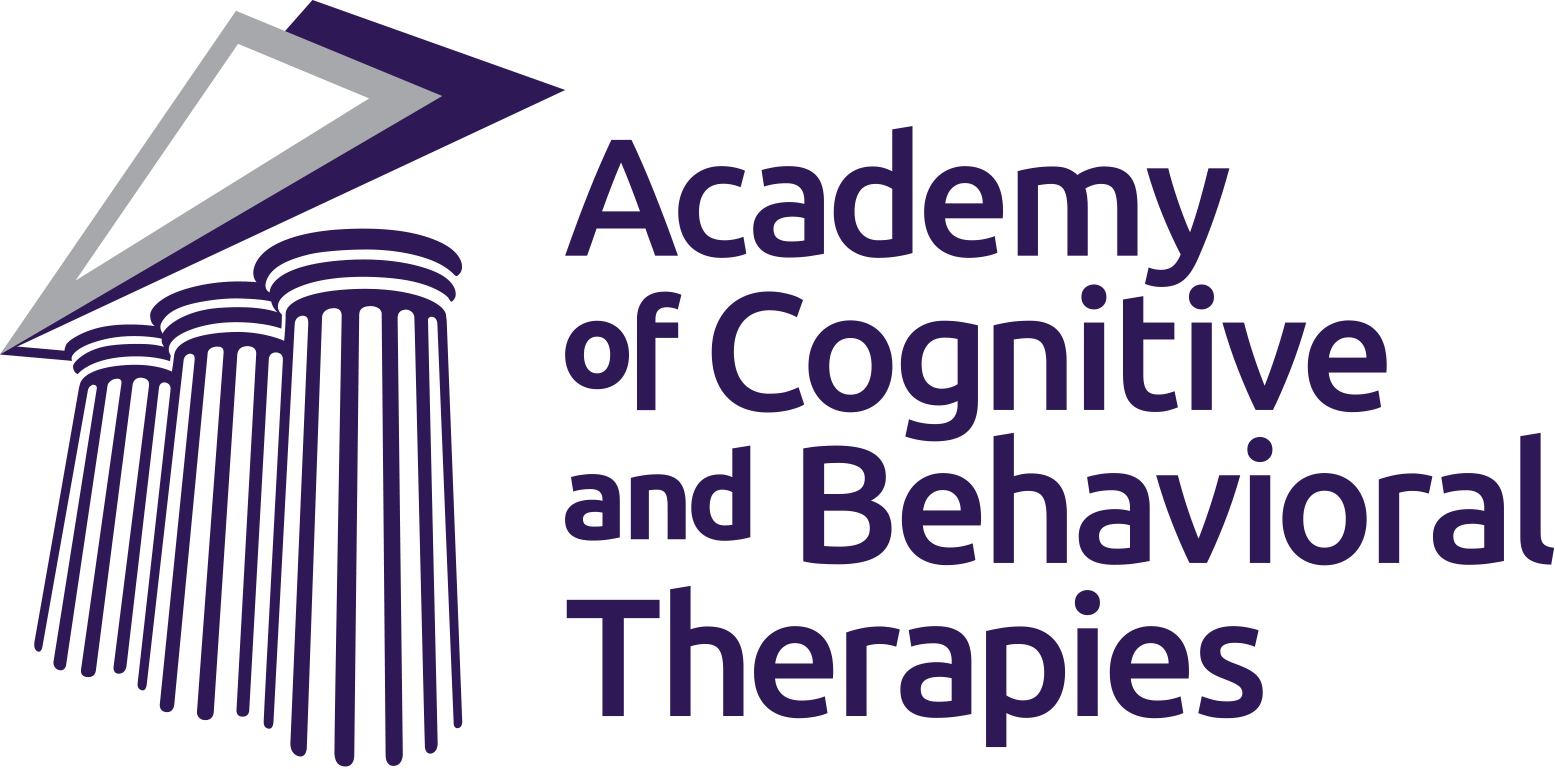CBT Information
Questions? We're Here To Help.
CBT stands for Cognitive Behavioral Therapy. It is a widely used and effective form of psychotherapy or talk therapy that is used to treat a variety of mental health issues and emotional problems. Read below to find out more information on CBT.
What is CBT?
Cognitive and Behavioral Therapies (CBT) are evidence-based psychotherapeutic approaches that focus on the relationship between a person's thoughts, feelings, and behaviors. CBT is based on the premise that distorted or irrational thinking patterns and maladaptive behaviors can contribute to psychological distress, and aims to help individuals identify and change these patterns.
How does CBT help?
Cognitive therapy focuses on identifying and modifying negative thoughts, beliefs, and attitudes, and is based on the idea that changing how one thinks can lead to changes in how one feels and behaves. Behavioral therapy focuses on changing maladaptive behaviors using techniques such as exposure therapy, relaxation techniques, and social skills training.
Can CBT help me?
CBT has been shown to be effective in treating a wide range of psychological disorders, including depression, anxiety disorders, post-traumatic stress disorder (PTSD), obsessive-compulsive disorder (OCD), and eating disorders. CBT therapy is typically short-term, and includes a specific treatment plan and goals, with sessions lasting from a few weeks to several months. CBT sessions may be delivered in individual or group settings.
Common Questions / FAQ
See some common questions and answers below, or email us at info@academyofcbt.org
-
What is Cognitive and Behavioral Therapy?
Cognitive and Behavioral Therapy (CBT) is a psychotherapeutic approach that focuses on identifying and modifying negative thought patterns and maladaptive behaviors to improve mental health and overall functioning.
-
What conditions can be treated with CBT?
CBT has been shown to be effective in treating a wide range of psychological disorders, including depression, anxiety disorders, post-traumatic stress disorder (PTSD), obsessive-compulsive disorder (OCD), and eating disorders.
-
How does CBT work?
CBT works by helping individuals identify and modify negative thought patterns and maladaptive behaviors through a variety of techniques, such as cognitive restructuring, exposure therapy, relaxation techniques, and social skills training.
-
How effective is CBT?
CBT has been shown to be highly effective in treating a variety of mental health concerns, with research indicating that it can be as effective or more effective than medication for certain conditions.
-
Can CBT be done remotely or online?
CBT can be delivered remotely or online via teletherapy, although the availability of these options may vary depending on the individual's location and the therapist's practice.
-
What is the difference between CBT and other types of therapy?
CBT differs from other types of therapy in that it focuses specifically on identifying and changing negative thought patterns and maladaptive behaviors, rather than exploring deeper emotional issues.
-
How long does CBT take?
CBT is typically a short-term therapy, ranging from 8-20 sessions, although the number of sessions may vary depending on the individual and the severity of their condition.
-
What should I expect during a CBT session?
During a CBT session, you can expect to work collaboratively with your therapist to identify negative thought patterns and maladaptive behaviors, and to learn and practice new coping skills and techniques.
-
Is CBT covered by insurance?
CBT is often covered by insurance, although coverage may vary depending on the individual's insurance plan and the mental health condition being treated.
-
Can CBT be used in combination with medication?
CBT can be used in combination with medication for certain mental health conditions, such as depression and anxiety disorders.
Interested in CBT Therapy?
Our organization is comprised of mental health professionals who support the use of cognitive behavioral therapy to treat mental health disorders and improve health behaviors.
If you are looking for a CBT Therapist or interested in therapy, we encourage you utilize our 'Find A Therapist' feature to search for a therapist in our network of esteemed CBT Therapists.
START PURSUING YOUR CBT ACCREDITATION NOW!
CONTACT US
Phone: +215-796-0842
Email: info@academyofcbt.org
1800 John F. Kennedy Blvd.
Suite 300, PMB 92772
Philadelphia, PA 19103
EXPLORE
CBT INFORMATION
INTERESTED IN LEARNING MORE?
Contact Us
Thank you for contacting us.
Someone from our team will be in touch with you shortly.
Please try again later.

